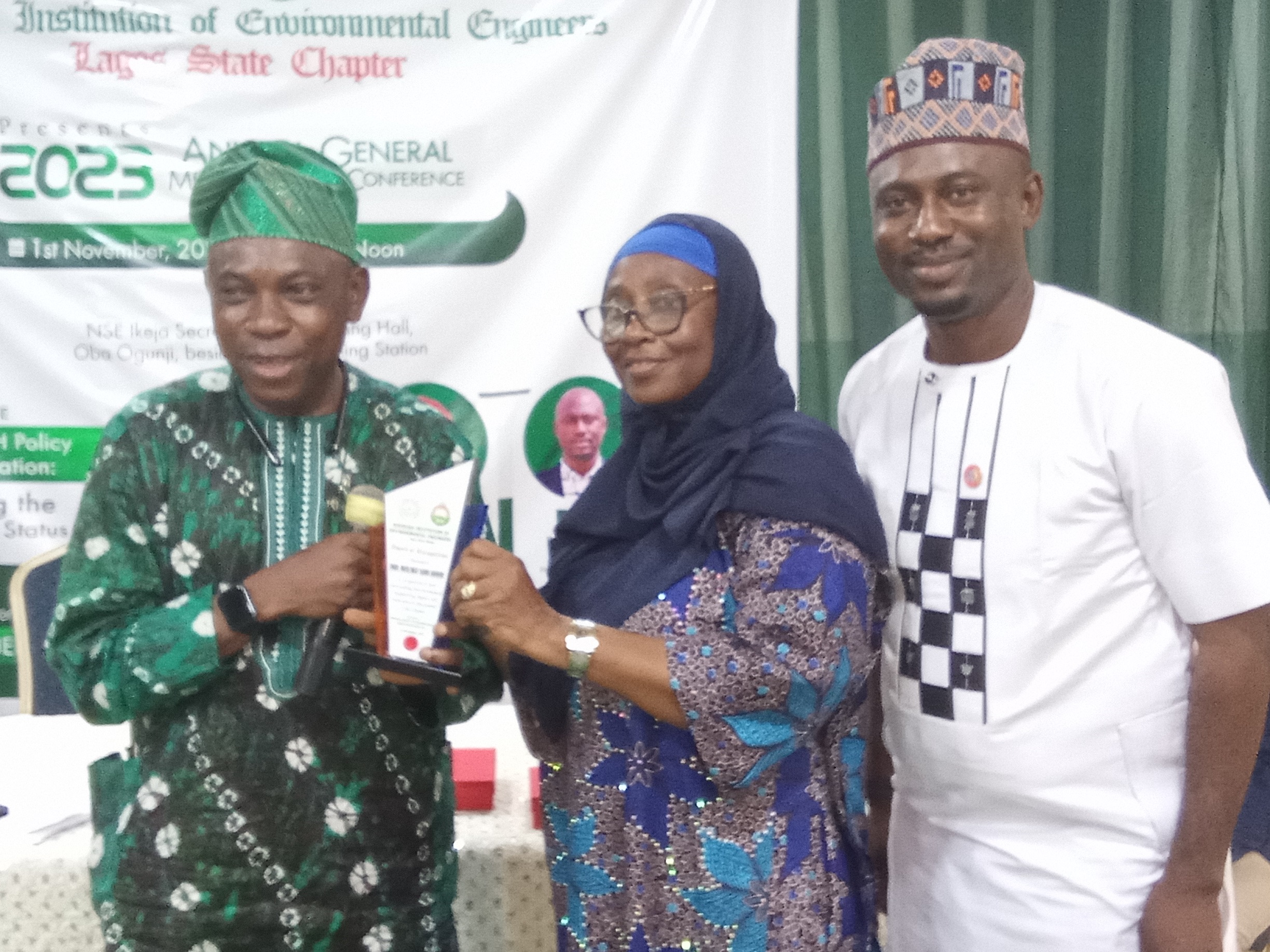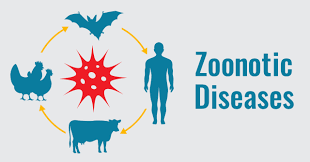- Over 700million children under 5 die every day of diarrhoel diseases….UNICEF
Engineers under the aegis of the Nigerian Institution of Environmental Engineers (NIEE) Lagos State Chapter have called for more integrated support by the public and government to improve on Water, Sanitation and Health (WASH) in Lagos State.
The call was made earlier today by Engr Yusuf Majolagbe, Chairman of the Lagos State Chapter of the NIEE at the annual conference of the chapter with the theme “WASH Policy Implementation: Attaining the Megacity Status”.
According to Engr Majolagbe, the need for a well structured sanitation system in any environment can not be undervalued; as it is imperative it is well maintained and monitored as it helps other facets of the environment thrive. This, says Majolagbe, is why the Lagos state government has embarked on the WASH policy draft and expected implementation.
However, to ensure sustained improvement in WASH implementation efforts, there must be increased budgetary allocation, private sector participation as well as increased real time monitoring and evaluation of WASH measures.
This assertion was made by Engr Mrs Muslimat Sanni Anibire, A fellow of the institution and Guest Speaker at the Annual Conference.
Engr Mrs Anibire, Project Director of Community Water Sanitation and Hygiene Initiatives stated in her presentation that the WASH policy of Lagos State as presently constituted today lacks the supporting system which have negated against its complete integration into development planning.
With her presentation focusing on the Lagos WASH Policy: Implementation as a Megacity, Engr Anibire disclosed that though first initiated in 2011 and approved for Exco ratification in 2019, till date the State’s Policy is not yet finalized.
This means that the existing policy under which WASH is regulated within the state remains the Lagos State Environmental Management and Protection Law of 2017, which unfortunately was done without a robust policy and a formal framework for the delivery of water supply and wastewater services in the state.
Anibire listed several factors militating against the WASH implementation in Lagos state to include poor institutional arrangement, ineffective collaboration, overlap of functions, paucity of funds, aged infrastructure amongst others.
However, the most disturbing among the challenges of WASH implementation, according to the participants, remains the lack of political will.
A fervent call was therefore made for engineers to engage in political lobbying so as to ensure implementation of such social impact policies.







